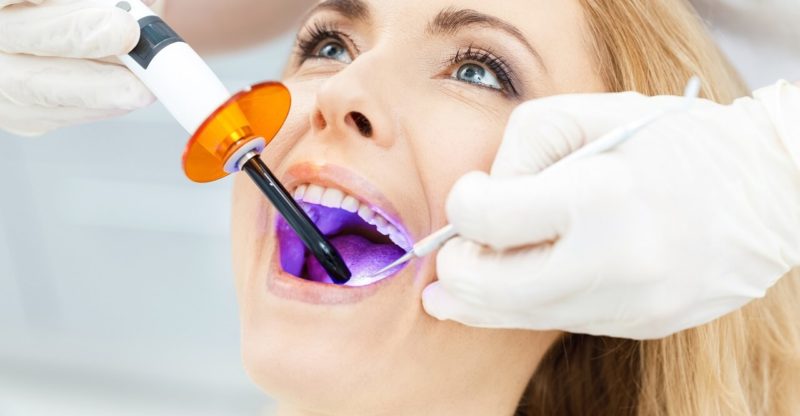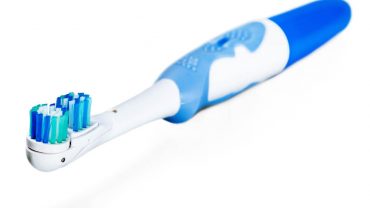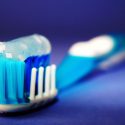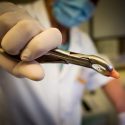How Long After Teeth Whitening Can I Eat Normally?
Teeth whitening is a great thing – it can transform your smile in a very short space of time, boost your confidence and even make you look younger! There are a few things to bear in mind though, such as how long after teeth whitening can I eat normally? Let’s have a look into this question, plus a few others!
How Long After Teeth Whitening Can I Eat Normally?
Teeth whitening is generally done in a dentist, but there are several at-home methods you can use as well.
The process penetrates deep down into the tooth, and as such they can become a little more sensitive, and will be more susceptible to foods that stain.
You can, of course, eat what you want whenever you want – but if you have just had your teeth whitened you will want to avoid foods that can stain or irritate and potentially ruin your expensive dentistry.
As a general rule, you can resume your usual healthy diet between around 24-72 hours, depending on how you feel.
If your diet is not generally the healthiest, now might be the time to give it an overhaul!
There are a few things that are generally recommended to be avoided just after teeth whitening:
- Foods that stain. If you can drop it on your white shirt and not be worried, it’s OK to put in your newly whitened mouth. If not, try something else!
- Sugary foods. Your teeth will be extra sensitive after their whitening, so it’s best to avoid sweet things that can irritate your teeth, and can trigger bacteria that causes decay.
- Dark coloured drinks. We’re talking tea and coffee, red wine, tomato juice – anything that can make your teeth stain is best avoided.
- Added colourants. Food that has colouring added to it is a big fat NO after tooth whitening. You don’t want to ruin your dentist’s hard work do you?
- Acidic drinks. Fruit juices, soft drinks should be off your menu for at least a few days after teeth whitening. Sorry, but so is alcohol!
You don’t have to avoid these things for the rest of time after teeth whitening, but you should give it at least a couple of days to allow your teeth to settle.
It’s no good having them whitened, then instantly ruining the effect or suffering with tooth pain!
How Long After Teeth Whitening Can I Drink Coffee?
Coffee is a dark coloured liquid, that can stain a tooth even on its best, strongest days. You should definitely avoid it after tooth whitening!
Teeth are also much more sensitive after a whitening process, so drinking hot drinks may even be a little painful.
The good news is you don’t have to give up your favourite cup of Joe for the rest of time – just while your teeth are settling.
Experts recommend leaving it at least 48 hours before you start drinking coffee again, so your teeth can have a chance to lose the “just been whitened” sensitivity.
You can leave it even longer if you want to be absolutely sure that you won’t cause your teeth any problems – just watch out for that caffeine hangover!
If you absolutely MUST drink coffee after a tooth whitening appointment, you should drink it through a straw, to prevent the coffee touching your teeth and causing staining.
Foods To Avoid When Whitening Teeth?
When your teeth have just been whitened, they will be much more sensitive, and can even be more porous so will absorb things even more than usual.
This means that you should avoid foods that stain, even more than you normally would, to prevent any discolouring of your newly whitened teeth.
The things you should definitely steer clear of are:
- Tea and coffee. Not only are these drinks notorious for staining teeth, hot drinks can also hurt your teeth after they have been whitened.
- Red wine. This tooth staining drink is well known for changing tooth colour, so it is definitely best avoided for a few days after whitening.
- Fruit juice. The acidic nature of fruit juice, and the sugar content, can really add to your tooth sensitivity once they have been whitened.
- Tomatoes. The colour of this is bound to change the colour of your newly whitened teeth, so avoid it for a day or two.
- Dark coloured fruits. Things like blackberries, blueberries, cherries and raspberries can contribute to tooth staining after whitening.
- Chocolate and sweets. Sugar causes plaque, cavities and tartar, so it is good to avoid at the best of times – and just after whitening it is even more important.
Why Do My Teeth Look More Yellow After Whitening?
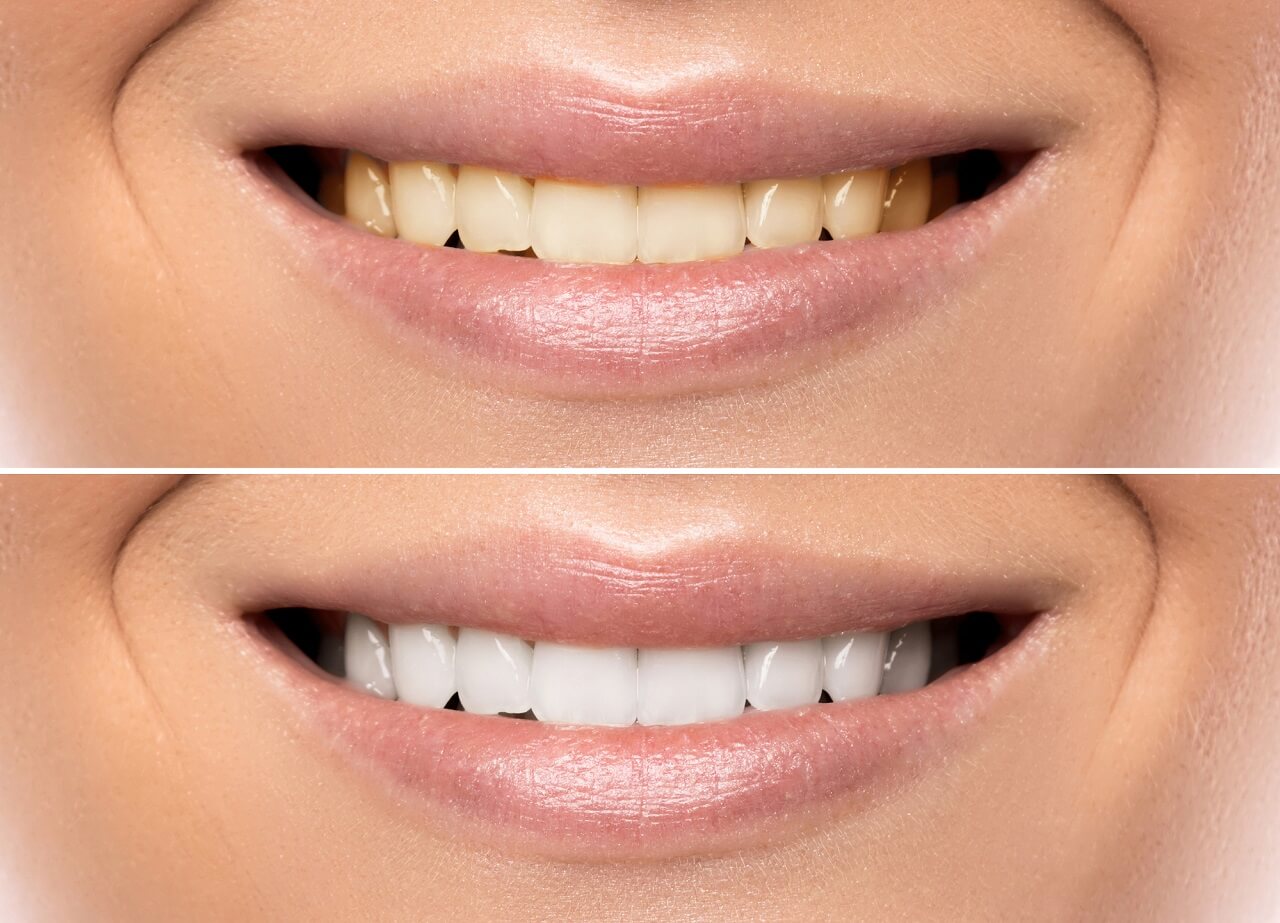
Whitening is a chemical process that is designed to remove stains and discolouration from your teeth.
If your teeth still look yellow after whitening, chances are they were pretty bad to begin with, and might benefit from another session or two.
Dental devices, such as caps and crowns, cannot be whitened, because they aren’t porous, unlike teeth themselves.
Bear this in mind when you are booking your whitening appointment, and if you have one in a visible place then whitening may not be for you.
The best time to have your teeth whitened is at the end of the day – this way you are less likely to eat or drink anything that might cause staining.
If your teeth quickly return to looking yellow after whitening, it is more than likely the things you are eating and drinking.
This being said, professional whitening is not a permanent fix. Due to diet and lifestyle, teeth will return to their previous state within a few months, so you may have to factor in whitening to your oral healthcare routine.
Final Thoughts
Now that you know the best way to make the most of your teeth whitening, you can go into it with confidence.
As long as you allow your teeth a chance to settle before you eat and drink, they should retain their new sparkly colour for longer!

